13 Reasons The Lexus Brand Doesn’t Live Up To Its Hype
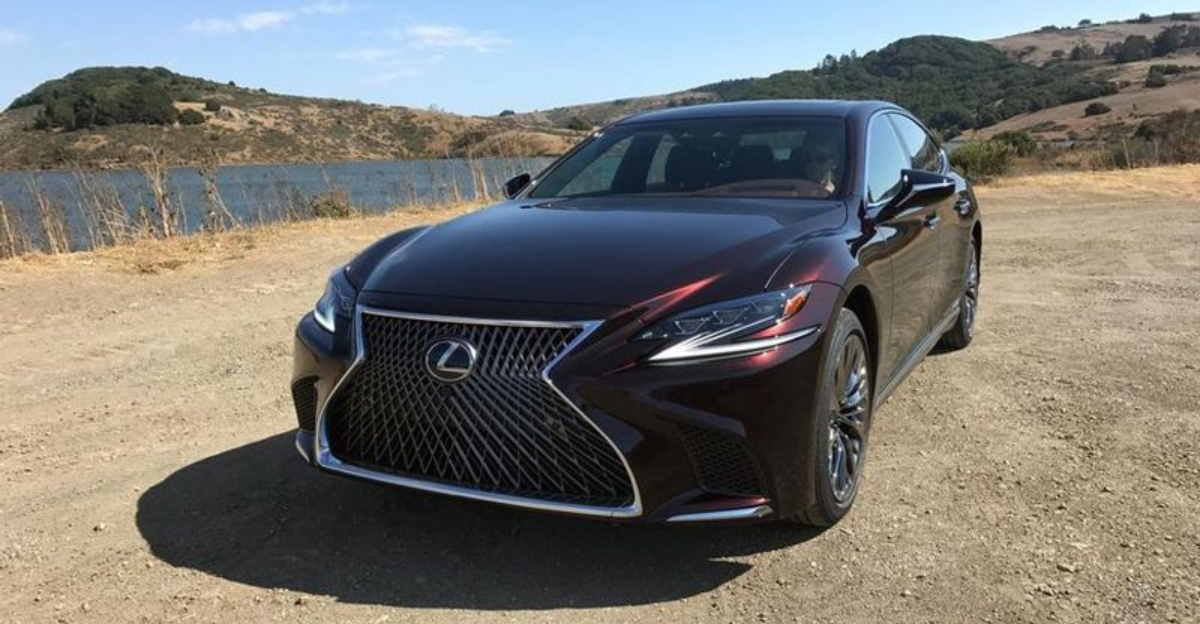
My uncle once bragged that his Lexus was so quiet, you could hear your own thoughts in it.
Two months later, he was muttering much louder—about the infotainment system freezing, the ride feeling numb, and how the dealership treated him like he wandered in by accident.
For all the luxury Lexus promises, the reality can feel like an expensive suit with itchy lining. The badge screams prestige, but peel back the layers and not everything shines like it should.
1. Bland styling puts insomniacs to sleep
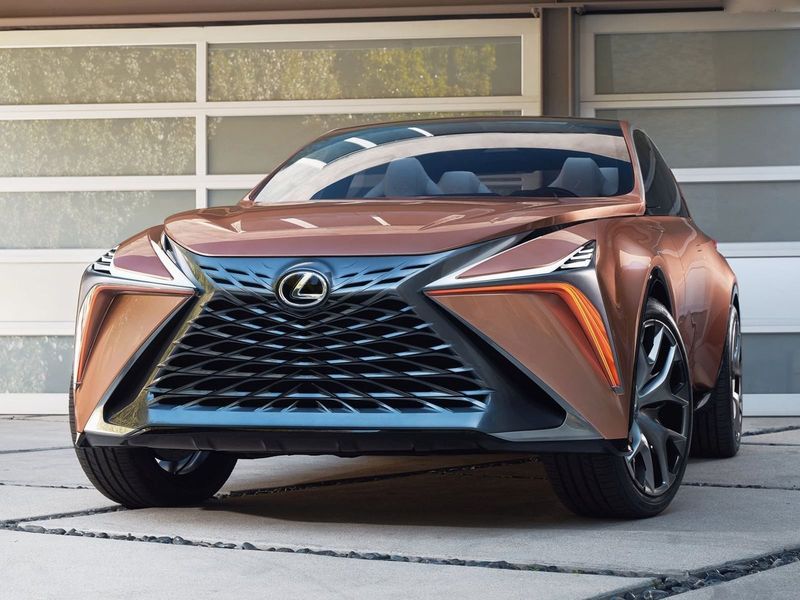
Remember those beige office walls from the 1990s? Lexus designers apparently do – and they’ve made them their inspiration.
While competitors like Audi and Mercedes push design boundaries, Lexus plays it safer than a kindergartener in a bubble wrap suit.
Their sedans particularly suffer from this visual amnesia. You might forget what your Lexus looks like in a parking lot, confusing it with literally any other midsize luxury car.
Only their controversial spindle grille stands out – and not necessarily in a good way.
2. Highway robbery on wheels
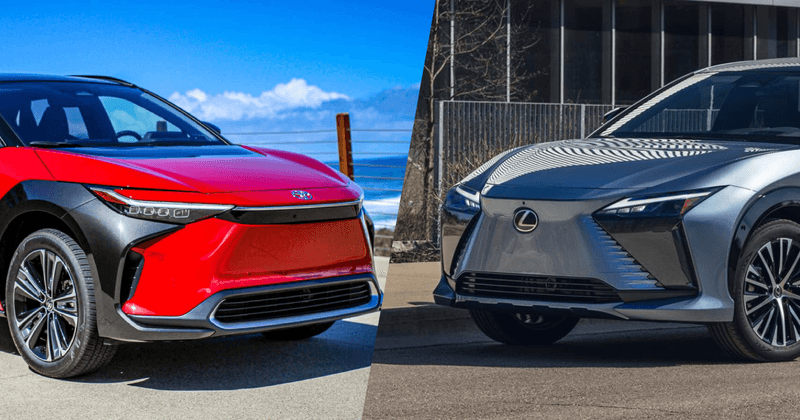
Cracking open a Lexus brochure feels like watching your bank account shrink in real-time. For what you’re paying, the feature list should be longer than Santa’s naughty-or-nice scroll.
Instead, you’ll need expensive packages just to get tech that comes standard in many Kias and Hyundais.
Want a panoramic sunroof? Premium audio? Advanced driver assists? Keep adding those zeros.
The base models are stripped down like economy cars wearing fancy suits. The value proposition dissolves faster than sugar in hot coffee.
3. Excitement not included
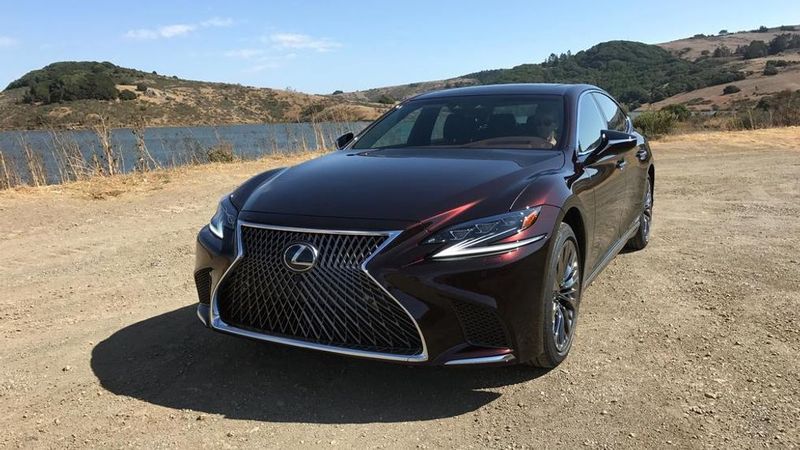
Piloting a standard Lexus feels like driving a well-insulated living room. The brand prioritizes quiet comfort over any semblance of driving enjoyment.
Press the gas pedal and you’ll wait… and wait… for something exciting to happen.
The steering provides all the feedback of a wooden spoon. Even their F Sport models (which promise sportiness) deliver handling that’s more “meh” than “wow.”
For enthusiasts seeking thrills, Lexus offers about as much excitement as watching paint dry – very premium, expensive paint.
4. Touchpads straight from 2010
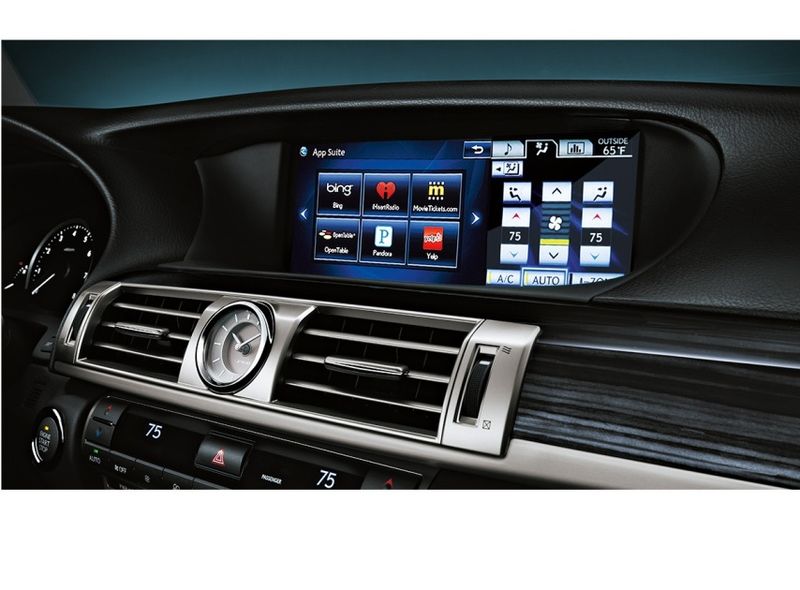
Ever tried to write your name with your non-dominant hand while riding a mechanical bull? That’s roughly the experience of using Lexus’ infotainment system.
Their infamous touchpad controller belongs in a technology museum, not a luxury vehicle.
Navigating simple menus becomes an exercise in patience and precision. The interface looks dated compared to competitors’ slick touchscreens and intuitive controls.
Even after software updates, the system remains clunkier than a pair of medieval knight’s boots.
5. Engines that whisper when they should roar
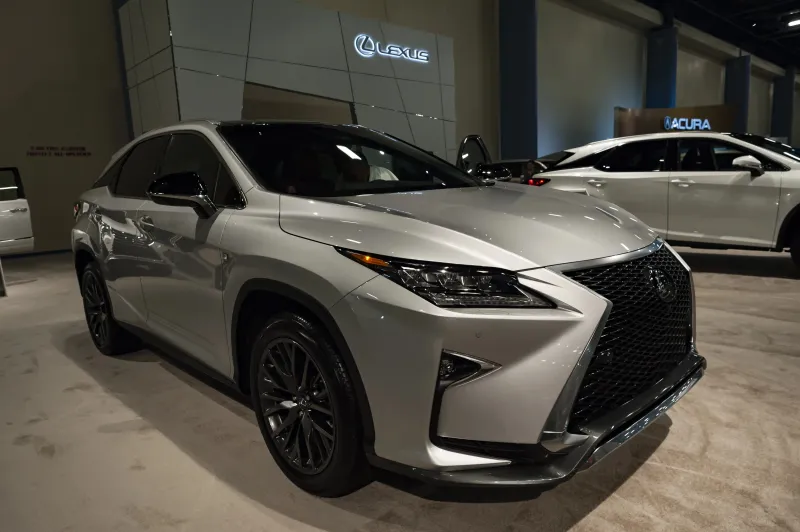
Pop the hood of most Lexus models and you’ll find perfectly adequate engines that inspire absolutely nobody.
Their base powerplants prioritize fuel economy over fun, delivering acceleration that’s more “eventually” than “immediately.”
Many models share engines with Toyota counterparts, just with fancier covers. The hybrid options provide decent efficiency but lack the punch of competitors’ electrified offerings.
When BMW and Audi are serving filet mignon power, Lexus is often dishing up ground chuck with fancy garnish.
6. Hybrid repairs that empty wallets
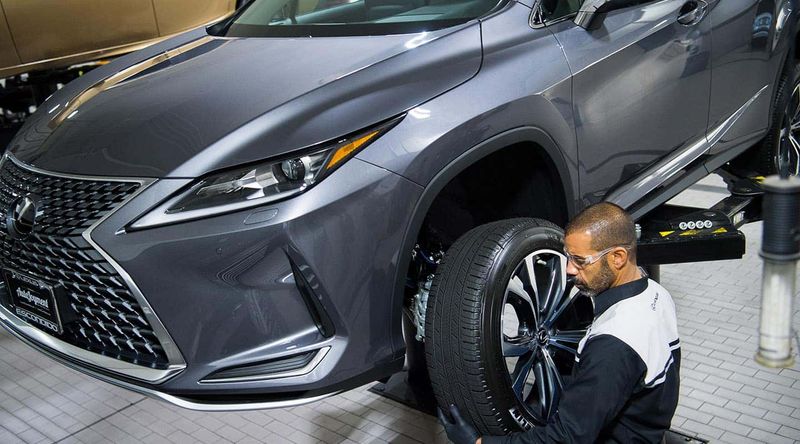
The salesperson gushed about hybrid fuel savings when you bought your Lexus. What they didn’t mention? The potential repair bills that could fund a small vacation.
Battery replacements can cost thousands when they eventually fail. The complex dual-powertrain system requires specialized technicians, which means higher labor costs.
Even routine maintenance carries premium pricing. Those fuel savings evaporate quickly when facing the reality of hybrid-specific maintenance costs after the warranty expires.
7. Performance variants? What performance variants?
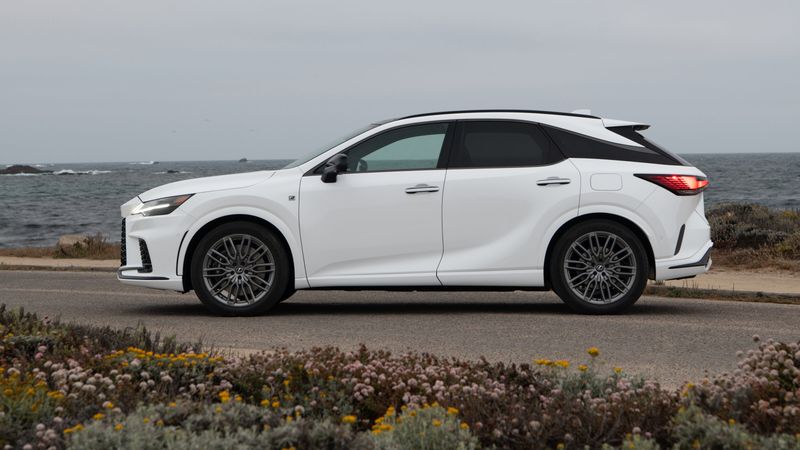
Ferrari has the SF90. BMW has the M5. Mercedes has the AMG lineup. Lexus has… well, not much.
Their F performance lineup is thinner than dollar store toilet paper, with just a handful of truly exciting models in their history.
The RC F and old IS F had potential, but never reached the heights of their German rivals. Most Lexus models don’t even offer a true performance variant.
For a brand that wants to be taken seriously in the luxury space, their performance credentials remain shockingly thin.
8. Playing it too safe in the style department
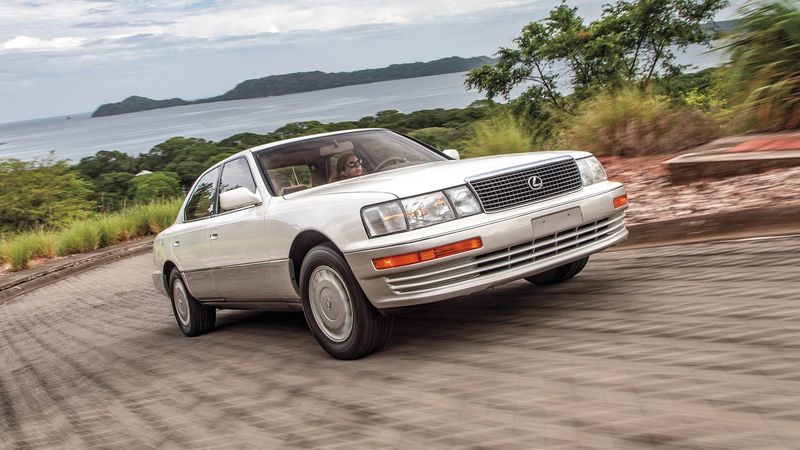
Lexus design language can be summed up in one word: cautious. Their styling evolution moves at glacial pace, with each generation barely distinguishable from the last.
The spindle grille was their one bold move – and opinions on that remain sharply divided.
Interior designs follow the same conservative playbook. While Scandinavian brands embrace minimalism and Germans push tech-forward cabins, Lexus interiors feel trapped in a time warp.
The brand seems terrified of alienating its aging customer base by trying anything truly innovative.
9. Floaty suspension for the retirement community

Take a sharp corner in a typical Lexus and you’ll experience more body roll than a gymnast’s floor routine.
Their suspension tuning prioritizes isolating passengers from road imperfections over any semblance of sportiness.
Even models with adaptive suspension tend to favor comfort in all settings. The disconnected steering compounds the floaty feeling.
While this suits some luxury buyers perfectly, it alienates those seeking the balanced dynamics found in European competitors.
Lexus seemingly designs suspension systems with Florida retirement communities as their target demographic.
10. Depreciation reality check
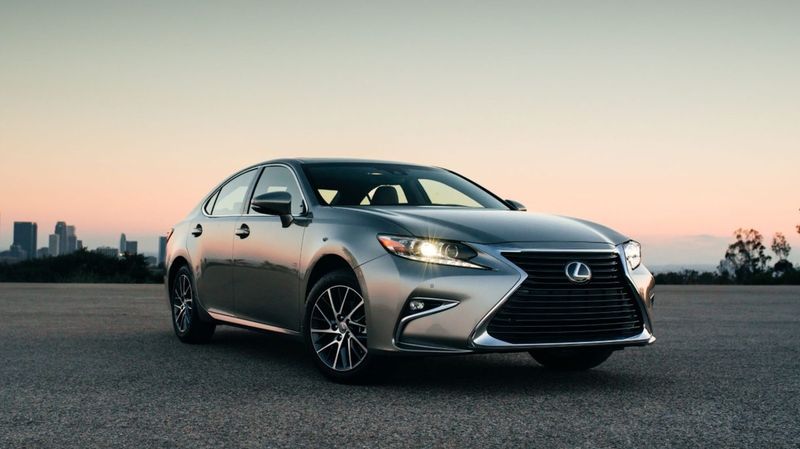
The myth of superior Lexus resale value deserves serious scrutiny. While they historically held value better than some luxury brands, the gap has narrowed significantly.
Models like the ES and RX face steeper depreciation than their reputation suggests.
Specialty models like the LC drop value faster than a rock off a cliff. Data from recent years shows Lexus depreciation rates increasingly matching other luxury brands.
The “investment” angle Lexus salespeople love to pitch looks increasingly questionable when examining actual five-year ownership costs.
11. Electric ambitions stuck in neutral
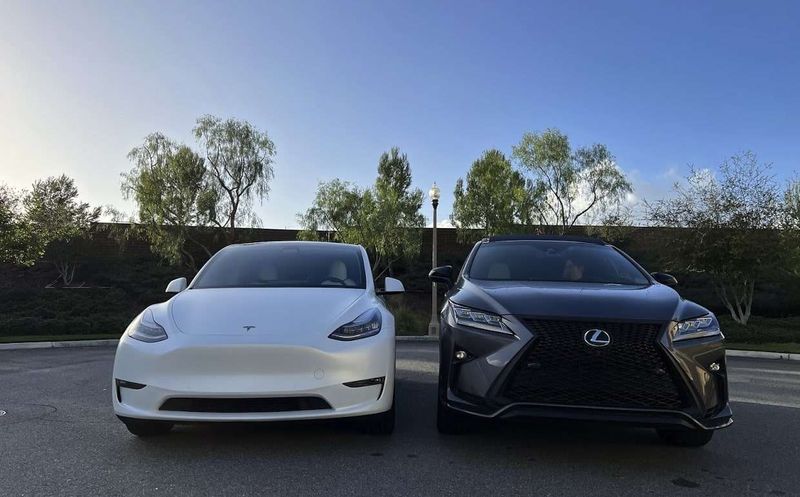
While Tesla dominates and German brands roll out compelling EVs, Lexus seems content watching from the sidelines.
Their first dedicated electric vehicle, the RZ 450e, arrived embarrassingly late to the party with mediocre range and uninspired performance.
Toyota’s reluctance to embrace full electrification has clearly hampered Lexus. Their hybrid experience hasn’t translated to competitive EV offerings.
For a brand that prides itself on forward-thinking luxury, their electric strategy feels remarkably backward, leaving tech-savvy luxury buyers looking elsewhere.
12. Toyota DNA shows through the fancy makeup
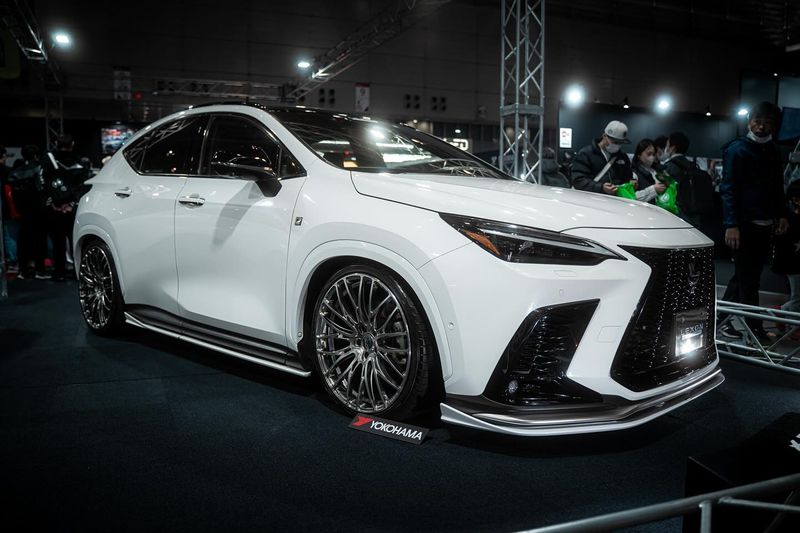
Scratch beneath the surface of many Lexus models and you’ll find Toyota bones wearing luxury clothing. The ES is essentially an Avalon in a tuxedo. The NX shares underpinnings with the RAV4. The list goes on.
This parts-bin approach becomes obvious in the switchgear, electronics, and mechanical components. While Toyota quality is commendable, luxury buyers paying premium prices expect unique engineering.
Instead, they often get dressed-up mainstream components that betray the common DNA when you start pushing buttons.
13. One-size-fits-boring customization
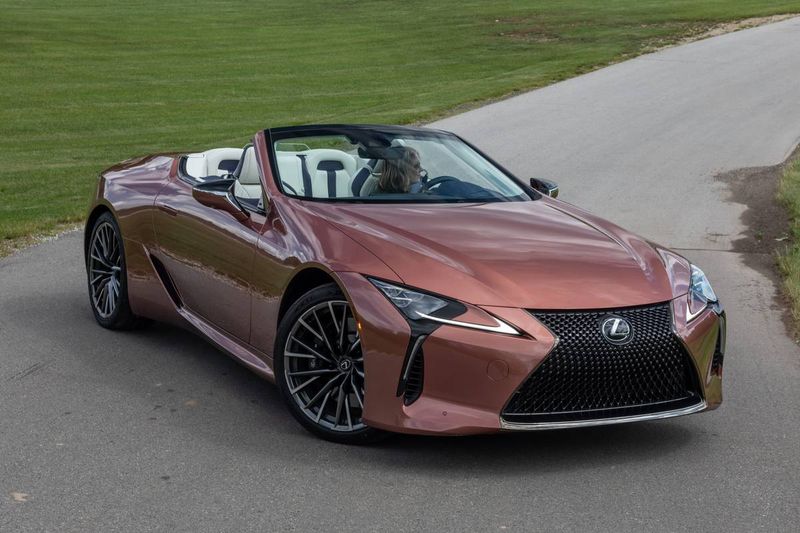
Want to express your personality through your luxury car? Look elsewhere.
Lexus offers fewer customization options than a fast-food value meal. Interior color choices often limit you to black, beige, or slightly different beige.
Personalization programs pale compared to European rivals. Special order options? Limited. Custom finishes? Barely existent. Performance upgrades? Minimal.
While BMW, Porsche, and Mercedes customers create truly unique vehicles, Lexus buyers must accept largely standardized offerings with minimal opportunity for personal expression.
